Find Help
More Items From Ergsy search
-
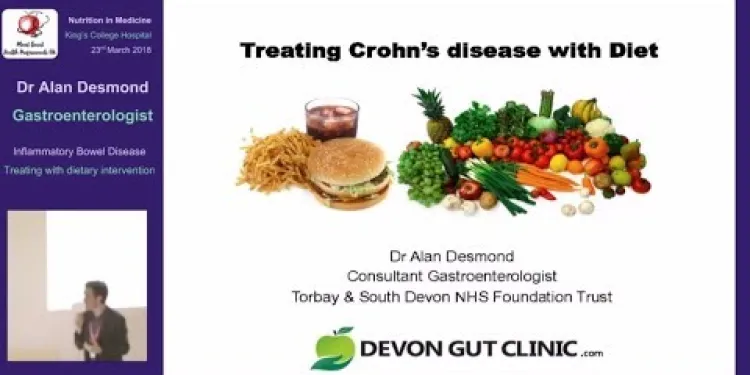
What is the best diet for Crohn’s disease?
Relevance: 100%
-

Is Crohn's disease contagious?
Relevance: 68%
-
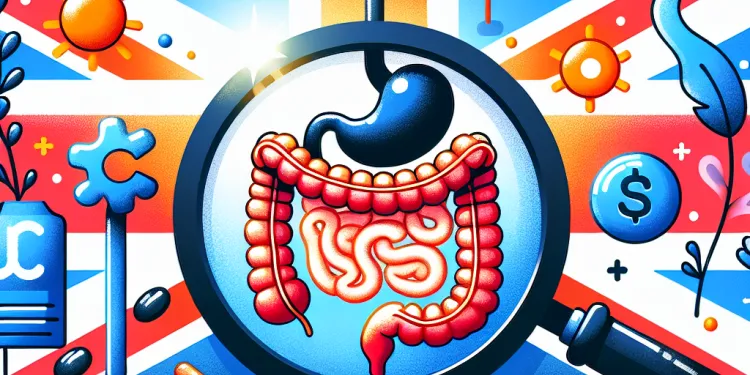
Is there a cure for Crohn's disease?
Relevance: 67%
-

What causes Crohn's disease?
Relevance: 65%
-
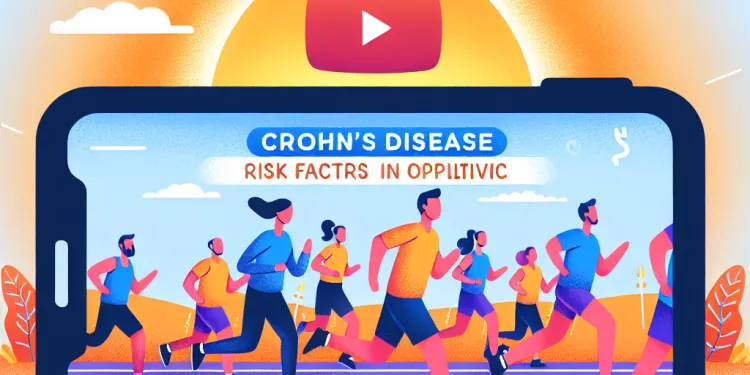
Who is at risk of developing Crohn's disease?
Relevance: 63%
-
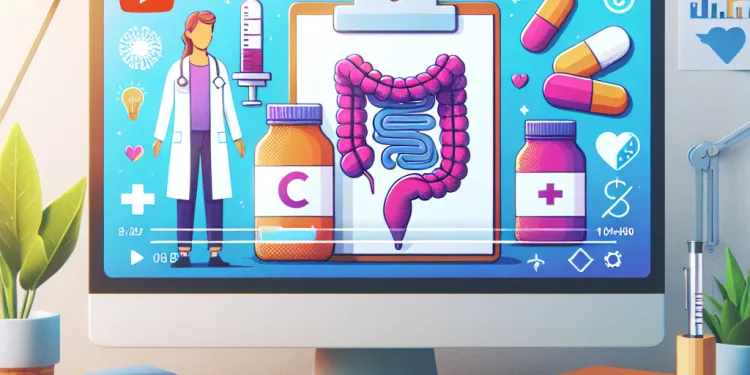
What treatments are available for Crohn's disease?
Relevance: 62%
-
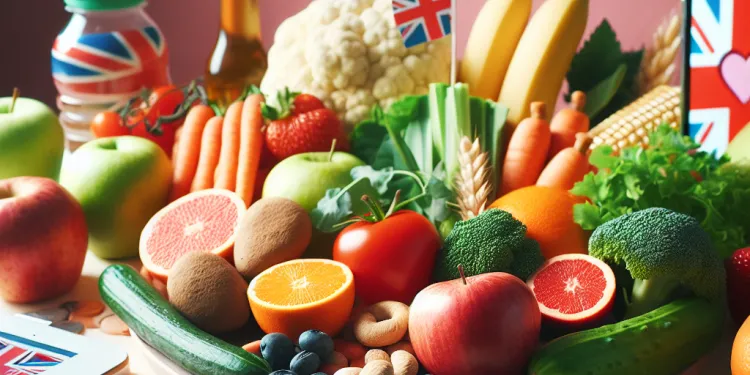
What dietary changes can help manage Crohn's disease?
Relevance: 61%
-

What is Crohn’s disease and how is it treated?
Relevance: 61%
-
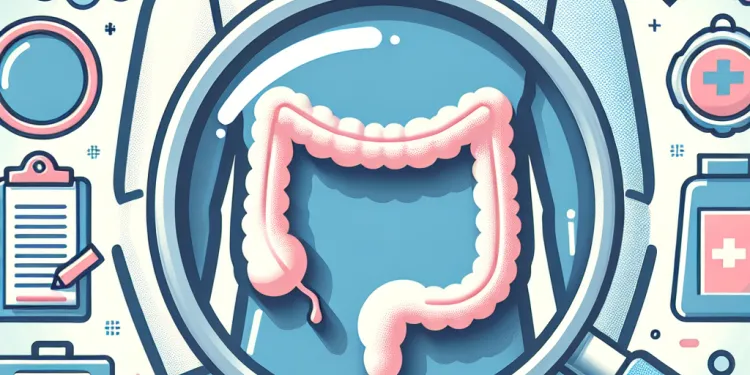
How is Crohn's disease diagnosed?
Relevance: 60%
-

Can children develop Crohn's disease?
Relevance: 60%
-
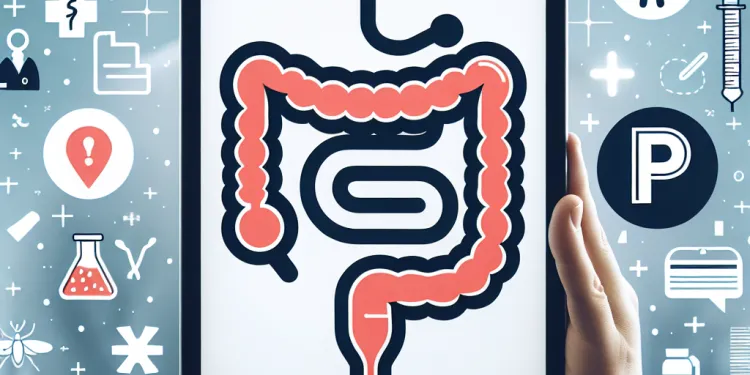
Is surgery necessary for Crohn's disease?
Relevance: 60%
-

What support is available for people with Crohn's disease in the UK?
Relevance: 59%
-
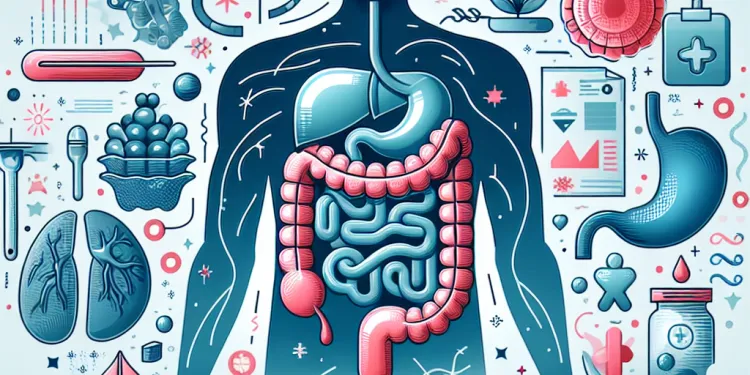
Are there any complications associated with Crohn's disease?
Relevance: 57%
-

What are the common symptoms of Crohn's disease?
Relevance: 57%
-
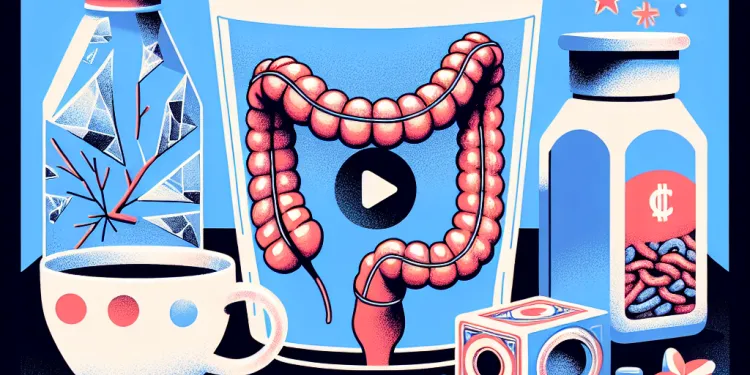
Can stress make Crohn's disease worse?
Relevance: 56%
-
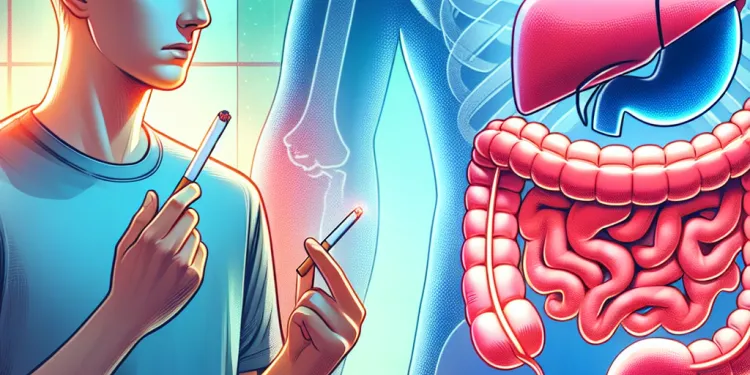
How does smoking affect Crohn's disease?
Relevance: 56%
-

Infliximab infusion (Remicade) for Crohns Disease at Addenbrookes NHS hospital
Relevance: 49%
-
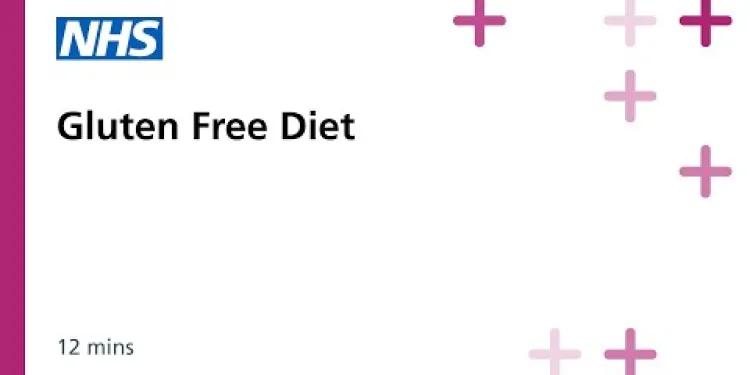
Coeliac Disease: The gluten free diet
Relevance: 39%
-

NHSGGC - Diet and Chronic Kidney Disease (CKD)
Relevance: 36%
-
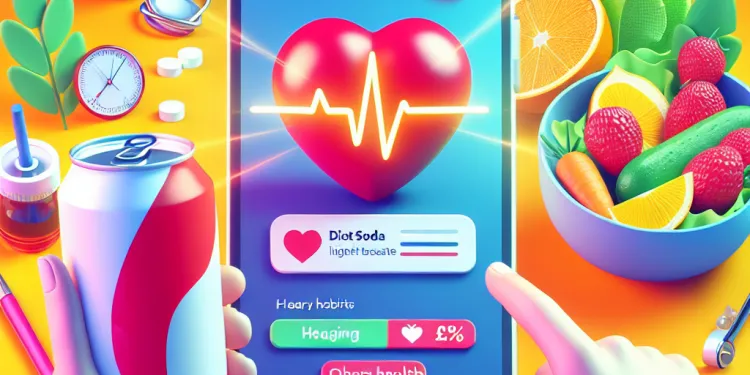
New Study Links Diet Soda to Increased Risk of Heart Disease
Relevance: 34%
-

What is the DASH diet?
Relevance: 29%
-
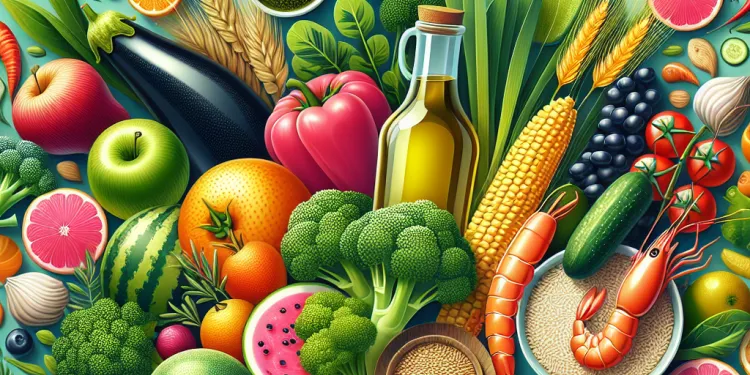
Understanding the Benefits of the Mediterranean Diet
Relevance: 28%
-
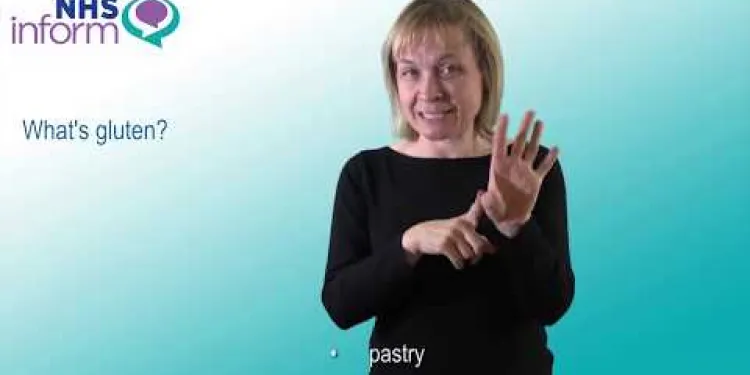
Coeliac disease
Relevance: 28%
-

Living Well with Coeliac Disease
Relevance: 27%
-
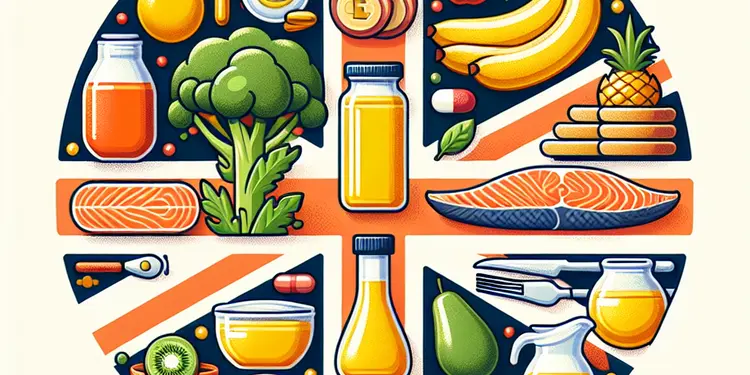
What is the omega-6 to omega-3 ratio in diets?
Relevance: 27%
-

Can orange juice be part of a healthy diet?
Relevance: 26%
-

Why is fat important in my diet?
Relevance: 26%
-

What is the role of sugar in a balanced diet?
Relevance: 25%
-

Coeliac Disease: Session 1: What is Coeliac Disease?
Relevance: 25%
-

Lyme disease: What is it?
Relevance: 25%
-

Diagnosing Coeliac Disease Updated 2021
Relevance: 25%
-

What is Parkinson's disease?
Relevance: 25%
-

Coeliac Disease Explained - Gluten Sensitivity - A to Z of the NHS - Dr Gill
Relevance: 25%
-

Record Number of Brits Embrace Plant-Based Diets for Wellbeing
Relevance: 25%
-

Can diet affect tinnitus?
Relevance: 24%
-
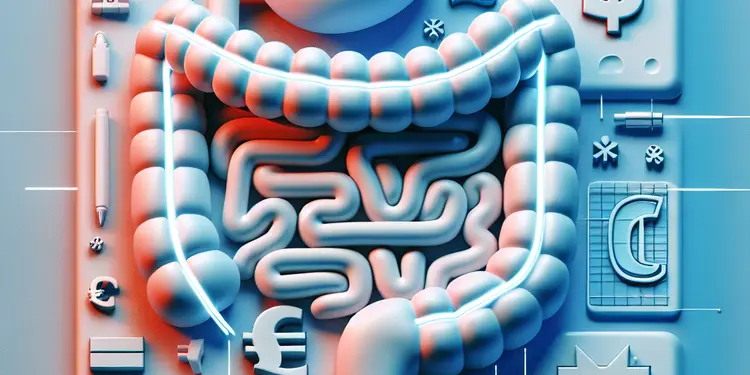
Are there specific gut-related diseases that become more common with age?
Relevance: 24%
-

Can Alzheimer's disease be prevented?
Relevance: 24%
-

Do you need to follow a specific diet while on Wegovy?
Relevance: 24%
-
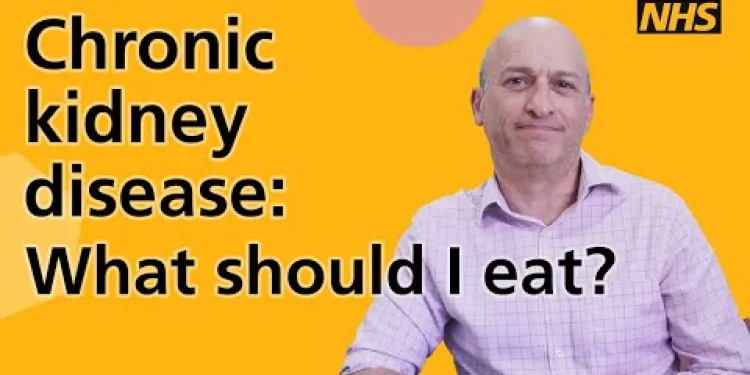
What should I eat to help with chronic kidney disease?
Relevance: 24%
-

Liver disease | NHS
Relevance: 24%
The Best Diet for Crohn's Disease
Understanding Crohn's Disease
Crohn's disease is a chronic inflammatory condition of the gastrointestinal tract that falls under the category of inflammatory bowel diseases. In the United Kingdom, it's estimated that about 1 in 650 people live with this condition. Managing Crohn’s disease requires a comprehensive approach, including medication, lifestyle adjustments, and dietary changes.
Importance of Diet in Crohn's Management
Diet plays a crucial role in managing the symptoms of Crohn's disease. While there is no one-size-fits-all diet for individuals with Crohn's, certain dietary patterns can help mitigate discomfort. A well-planned diet can help reduce inflammation, maintain nutrient levels, and improve overall quality of life. It's important to work closely with healthcare providers to tailor a diet that meets specific needs.
Foods to Include
For those living with Crohn's disease, it's generally advisable to focus on foods that are gentle on the digestive tract. These can include lean meats such as chicken and turkey, fish, eggs, and other sources of protein. Low-fibre fruits and vegetables, such as bananas, melon, and well-cooked vegetables can be easier to digest. Additionally, incorporating probiotics from foods like yogurt with live cultures may support gut health.
Foods to Avoid
Certain foods may trigger flare-ups in individuals with Crohn's disease. These often include high-fibre foods, such as nuts and seeds, popcorn, and raw fruits and vegetables. Dairy products might cause issues for those who are lactose intolerant, which is common among people with Crohn's. Also, spicy foods, caffeine, and alcohol can irritate the digestive tract and should generally be avoided.
Staying Hydrated
Hydration is particularly important for individuals with Crohn's disease, as diarrhea and inflammation can lead to dehydration. Drinking plenty of fluids, especially water, can help maintain hydration levels. It's advisable to limit caffeinated beverages, as they can exacerbate dehydration.
Consulting with Healthcare Professionals
The most effective dietary strategy for managing Crohn's disease should be individualized. Consulting with a gastroenterologist and a registered dietitian can provide personalized recommendations based on the severity of the disease, individual triggers, and nutritional needs. Regular monitoring and adjustments are often necessary to find the most effective dietary approach.
The Best Diet for Crohn's Disease
Understanding Crohn's Disease
Crohn's disease is a long-lasting illness that affects the stomach and intestines. About 1 in 650 people in the UK have this condition. To manage Crohn's, you need medicine, lifestyle changes, and a special diet.
Importance of Diet in Crohn's Management
What you eat is very important when you have Crohn's disease. There isn't one perfect diet for everyone with Crohn's, but eating certain foods can help you feel better. The right foods can lower swelling, keep your vitamins up, and make you feel better overall. Talk to a doctor or dietitian to find the best foods for you.
Foods to Include
If you have Crohn's, try to eat foods that are easy on your stomach. These include lean meats like chicken and turkey, fish, and eggs. You can also eat fruits like bananas and melon, and vegetables that are cooked well. Foods with good bacteria, like yogurt with live cultures, can help your tummy stay healthy.
Foods to Avoid
Some foods can make Crohn's worse. Try not to eat too much fiber, like nuts, seeds, and popcorn. Raw fruits and vegetables can also be hard to digest. If you can't handle dairy, avoid milk and cheese. Spicy foods, caffeine, and alcohol can upset your stomach, so it's best to avoid them.
Staying Hydrated
Drinking water is very important if you have Crohn's. You can get dehydrated because of diarrhea and swelling. Drink lots of fluids, especially water. Try not to drink too many drinks with caffeine, as they can dry you out more.
Consulting with Healthcare Professionals
To find the best diet for Crohn's, talk to doctors and dietitians. They can give you advice based on how bad your illness is and what foods upset your stomach. You might need to change your diet a few times to see what works best.
Frequently Asked Questions
What is Crohn’s disease?
Crohn’s disease is a type of inflammatory bowel disease (IBD) that can affect any part of the gastrointestinal tract, causing a wide range of symptoms.
Is there a specific diet for people with Crohn's disease?
There is no one-size-fits-all diet for Crohn's disease, but certain dietary changes can help manage symptoms and improve overall health.
Which foods should be avoided with Crohn's disease?
Common foods to avoid include high-fibre foods, high-fat foods, and dairy products if you're lactose intolerant. Spicy foods and alcohol may also trigger symptoms.
What foods are safe to eat during a flare-up?
During a flare-up, it's best to eat easy-to-digest foods like bananas, cooked carrots, white rice, and lean proteins such as chicken or fish.
Can a low-residue diet help manage Crohn's symptoms?
Yes, a low-residue diet, which limits fiber intake, can help reduce bowel movements and allow the intestines to heal.
Are there any supplements recommended for Crohn’s disease?
Some people with Crohn's may need supplements, like vitamin B12, vitamin D, iron, and calcium, but it should be discussed with a healthcare professional.
How important is hydration for someone with Crohn’s disease?
Staying hydrated is crucial, especially if experiencing diarrhea. Drinking plenty of water is vital for maintaining health.
Can stress affect Crohn’s disease symptoms?
While stress doesn't cause Crohn's disease, it can exacerbate symptoms, so managing stress through relaxation techniques can be beneficial.
Is it necessary to follow a gluten-free diet for Crohn’s disease?
A gluten-free diet is not necessary for everyone with Crohn’s, unless you have celiac disease or a gluten sensitivity.
How can probiotics help with Crohn’s disease?
Probiotics might help maintain intestinal flora balance and support digestion, but their effectiveness can vary among individuals.
What role does fibre play in a Crohn’s diet?
Fibre can be both beneficial and problematic for Crohn's disease; during remission, some people tolerate low-fibre foods, but it's often restricted during flare-ups.
Are there any specific diets recommended by experts for Crohn’s?
Some recommended diets include the Specific Carbohydrate Diet (SCD) and the Mediterranean diet, which focus on whole, nutrient-rich foods.
Should dairy be eliminated from a Crohn’s diet?
If lactose intolerant, reducing or eliminating dairy is advisable, but lactose-free alternatives or supplements like lactase can be helpful.
Is it safe to include fruits and vegetables in a Crohn’s diet?
Cooked, peeled, or seedless fruits and vegetables are usually better tolerated, but raw versions may cause irritation during a flare-up.
What is the best way to identify trigger foods for Crohn’s disease?
Keeping a food diary can help identify trigger foods. Recording symptoms and dietary intake can provide insights into which foods may exacerbate symptoms.
What is Crohn's disease?
Crohn's disease is a sickness in the tummy. It makes parts of the tummy swollen and sore. This can cause pain and make it hard to go to the toilet.
People with Crohn's might feel tired a lot and lose weight. They might also have to go to the bathroom quickly.
There are things that can help, like medicine and eating healthy food. It's important to talk to a doctor to feel better.
Using pictures or videos can help understand more about Crohn's.
Crohn's disease is a sickness that makes parts of the tummy hurt. It can happen anywhere from the mouth to the bum. People with this sickness can feel different kinds of tummy pain.
What foods should people with Crohn's disease eat?
If you have Crohn's disease, there is no one special diet that works for everyone.
You should eat foods that make your tummy feel good.
Some foods can make Crohn's disease worse, like spicy or fried foods.
Eat small meals often, instead of big meals.
Drink lots of water to stay healthy.
Talk to a doctor or a dietitian for more help.
Keep a food diary. Write down what you eat and how you feel. This can help you see which foods are good for you.
There isn't one perfect diet for everyone with Crohn's disease. But changing what you eat can help you feel better and stay healthy.
What foods should people with Crohn's disease not eat?
Try not to eat foods with lots of fibre, like some vegetables and whole grains. Avoid foods with a lot of fat, like fried foods and greasy snacks. If milk makes your tummy upset, don't eat dairy like cheese or ice cream. Spicy foods and alcohol might also upset your stomach.
What foods can I eat when I feel sick?
Here are some easy-to-digest foods that can help:
- Bland foods like plain rice or toast
- Soft fruits like bananas
- Boiled potatoes
- Cooked carrots or other soft vegetables
- Chicken or turkey without skin
- Plain yogurt
Supportive tips:
- Eat small meals often, instead of big ones
- Drink plenty of water
- Use a food diary to track what feels good to eat
When your tummy hurts, eat foods that are gentle and easy to chew. Try bananas, cooked carrots, white rice, and meat like chicken or fish.
Can Eating Certain Foods Help with Crohn's?
Yes, eating foods with little fiber can help your tummy feel better. It means you might need to go to the bathroom less and gives your insides a break.
Can people with Crohn’s disease take any vitamins or pills to help?
People with Crohn’s disease might need extra help from vitamins or special pills. It is important to talk to a doctor first. The doctor can say if these are safe and good for you.
Here are some things that might help:
- Vitamin D: This can help your bones stay strong.
- Vitamin B12: This helps give you energy.
- Iron: This can be good if you feel very tired or weak.
- Calcium: It helps keep your bones healthy.
Always ask a doctor or nurse before taking any vitamins or pills. They can help you find the right ones.
If it is hard to remember to take your vitamins, try using a pill box. You can also set reminders on a phone or ask someone to help remind you.
Some people who have Crohn's might need special vitamins or minerals, like vitamin B12, vitamin D, iron, and calcium. You should talk to a doctor or nurse about it.
Why is drinking water important for someone with Crohn’s disease?
People with Crohn’s disease need to drink a lot of water. Here are some reasons why:
- Water helps the body work well.
- It stops you from getting too tired.
- Staying hydrated keeps your tummy happy.
Tips to help stay hydrated:
- Drink small sips of water many times a day.
- Carry a water bottle with you.
- Set reminders to drink water.
It is very important to drink water, especially if you have diarrhea. Drinking lots of water helps you stay healthy.
Does feeling stressed make Crohn’s disease worse?
Stress doesn't make Crohn's disease happen, but it can make the symptoms worse. Doing things to relax can help you feel better.
Do you need to eat gluten-free foods if you have Crohn’s disease?
People with Crohn’s disease might be wondering if they should avoid eating gluten.
Gluten is something found in foods like bread, pasta, and cakes.
Some people with Crohn’s feel better when they don't eat gluten.
If you have Crohn’s, ask your doctor if eating gluten-free could help you.
Keeping a food diary might help you see if gluten makes you feel bad.
There are special apps and notebooks that can help you track what you eat.
These tools can help you and your doctor decide the best way to eat.
A gluten-free diet is not needed for everyone who has Crohn's disease. You only need it if you also have celiac disease or if you are sensitive to gluten.
How can probiotics help with Crohn’s disease?
Probiotics are good germs that can help your stomach. Crohn's disease is a sickness that makes your stomach hurt and feel bad. Probiotics might make your stomach feel better.
Here are some ways probiotics can help:
- They put good germs in your belly.
- They can help your belly work well.
- They might make tummy aches less bad.
To learn more, you can ask a doctor or look at easy books about Crohn's disease. A grown-up can help you find videos or pictures about probiotics too.
Probiotics are good bacteria that can help keep your tummy healthy. They might help with digestion, but they might not work the same for everyone.
What does fibre do in a Crohn's diet?
Fibre is a part of food that helps your tummy feel good. If you have Crohn's disease, fibre can be tricky. Some people with Crohn's feel better with less fibre because it can upset their tummy.
It’s important to find the right amount of fibre for you. Here are some tips to help:
- Listen to your body. If a food with fibre makes you feel bad, eat less of it.
- Try different kinds of fibre. Soft fibres from cooked vegetables or fruit might be easier on your tummy.
- Ask a doctor or nurse for advice. They can help you find a good diet plan.
Using a notebook or app can help track which foods feel good or bad. Remember, everyone is a bit different, so what works for one person may not work for another.
Fibre is a part of food that can be good or bad for people with Crohn's disease. When someone is feeling better, they might be able to eat some fibre. But when they feel worse, like during a flare-up, they often need to eat less fibre.
What foods should people with Crohn's eat?
Experts say some foods can help people with Crohn's feel better. Eating soft, easy-to-digest foods is good. Here are some ideas:
- Have cooked fruits and vegetables instead of raw ones.
- Eat lean meats like chicken or fish.
- Try rice or pasta.
- Have lots of small meals instead of a few big ones.
It can also help to:
- Keep a food diary to see which foods make you feel better or worse.
- Talk to a doctor or a dietitian for more advice.
There are also apps that can help track what you eat and how you feel. This can help you and your doctor find the best foods for you.
Here are some good diets to try:
The Specific Carbohydrate Diet (SCD): This diet means eating certain kinds of carbs.
The Mediterranean diet: This diet is all about eating healthy, fresh foods.
Should you stop eating dairy if you have Crohn’s?
Some people think that eating dairy can upset the tummy if you have Crohn’s. Crohn’s is a tummy problem that can make you feel sick.
If you have Crohn’s, talk to your doctor about eating dairy. They can help you decide what is best for you.
You can also keep a food diary. Write down what you eat and how it makes you feel. This can help you see if dairy makes your tummy hurt.
Ask someone you trust to help you with food choices. They can help you read labels and find other things to eat instead of dairy.
Remember, everyone is different. What works for one person might not work for you. It is important to find what makes you feel good.
If you can't have milk because it makes your tummy upset, try to drink less milk or none at all. You can try milk that has no lactose or take a special pill that helps your tummy feel better.
Can people with Crohn’s eat fruits and vegetables safely?
If you have Crohn’s, you might wonder if you can eat fruits and vegetables. It is important to know which ones are safe for you.
Here are some tips:
- Talk to a doctor or nurse. They can help you know what to eat.
- Try cooked or peeled vegetables. They can be easier for your tummy.
- Start with small amounts of fruit and see how you feel.
It's a good idea to keep a food diary to help you remember what foods make you feel good or bad.
Fruits and vegetables that are cooked, without skin, or don't have seeds are often easier to eat. Raw fruits and vegetables might hurt your tummy if you are feeling unwell.
How can I find out which foods make my Crohn's disease worse?
If you have Crohn's disease, some foods might make your tummy feel bad. To find out which foods bother you, try doing these things:
- Keep a Food Diary: Write down what you eat and how you feel after. This can help you see which foods make your tummy hurt.
- Try Foods One by One: Eat one new food at a time and see if it bothers your tummy. This way, you can know which food is causing problems.
- Talk to a Doctor or Dietitian: A doctor or dietitian can give you advice on which foods might be okay or not okay for you.
These steps can help you feel better and keep your tummy happy.
Writing down what you eat can help you find out which foods cause problems. You can see what you ate and how it made you feel. This can help you understand which foods might make you feel bad.
Useful Links
This website offers general information and is not a substitute for professional advice.
Always seek guidance from qualified professionals.
If you have any medical concerns or need urgent help, contact a healthcare professional or emergency services immediately.
Some of this content was generated with AI assistance. We’ve done our best to keep it accurate, helpful, and human-friendly.
- Ergsy carfully checks the information in the videos we provide here.
- Videos shown by Youtube after a video has completed, have NOT been reviewed by ERGSY.
- To view, click the arrow in centre of video.
- Most of the videos you find here will have subtitles and/or closed captions available.
- You may need to turn these on, and choose your preferred language.
- Go to the video you'd like to watch.
- If closed captions (CC) are available, settings will be visible on the bottom right of the video player.
- To turn on Captions, click settings .
- To turn off Captions, click settings again.
More Items From Ergsy search
-

What is the best diet for Crohn’s disease?
Relevance: 100%
-

Is Crohn's disease contagious?
Relevance: 68%
-

Is there a cure for Crohn's disease?
Relevance: 67%
-

What causes Crohn's disease?
Relevance: 65%
-

Who is at risk of developing Crohn's disease?
Relevance: 63%
-

What treatments are available for Crohn's disease?
Relevance: 62%
-

What dietary changes can help manage Crohn's disease?
Relevance: 61%
-

What is Crohn’s disease and how is it treated?
Relevance: 61%
-

How is Crohn's disease diagnosed?
Relevance: 60%
-

Can children develop Crohn's disease?
Relevance: 60%
-

Is surgery necessary for Crohn's disease?
Relevance: 60%
-

What support is available for people with Crohn's disease in the UK?
Relevance: 59%
-

Are there any complications associated with Crohn's disease?
Relevance: 57%
-

What are the common symptoms of Crohn's disease?
Relevance: 57%
-

Can stress make Crohn's disease worse?
Relevance: 56%
-

How does smoking affect Crohn's disease?
Relevance: 56%
-

Infliximab infusion (Remicade) for Crohns Disease at Addenbrookes NHS hospital
Relevance: 49%
-

Coeliac Disease: The gluten free diet
Relevance: 39%
-

NHSGGC - Diet and Chronic Kidney Disease (CKD)
Relevance: 36%
-

New Study Links Diet Soda to Increased Risk of Heart Disease
Relevance: 34%
-

What is the DASH diet?
Relevance: 29%
-

Understanding the Benefits of the Mediterranean Diet
Relevance: 28%
-

Coeliac disease
Relevance: 28%
-

Living Well with Coeliac Disease
Relevance: 27%
-

What is the omega-6 to omega-3 ratio in diets?
Relevance: 27%
-

Can orange juice be part of a healthy diet?
Relevance: 26%
-

Why is fat important in my diet?
Relevance: 26%
-

What is the role of sugar in a balanced diet?
Relevance: 25%
-

Coeliac Disease: Session 1: What is Coeliac Disease?
Relevance: 25%
-

Lyme disease: What is it?
Relevance: 25%
-

Diagnosing Coeliac Disease Updated 2021
Relevance: 25%
-

What is Parkinson's disease?
Relevance: 25%
-

Coeliac Disease Explained - Gluten Sensitivity - A to Z of the NHS - Dr Gill
Relevance: 25%
-

Record Number of Brits Embrace Plant-Based Diets for Wellbeing
Relevance: 25%
-

Can diet affect tinnitus?
Relevance: 24%
-

Are there specific gut-related diseases that become more common with age?
Relevance: 24%
-

Can Alzheimer's disease be prevented?
Relevance: 24%
-

Do you need to follow a specific diet while on Wegovy?
Relevance: 24%
-

What should I eat to help with chronic kidney disease?
Relevance: 24%
-

Liver disease | NHS
Relevance: 24%


